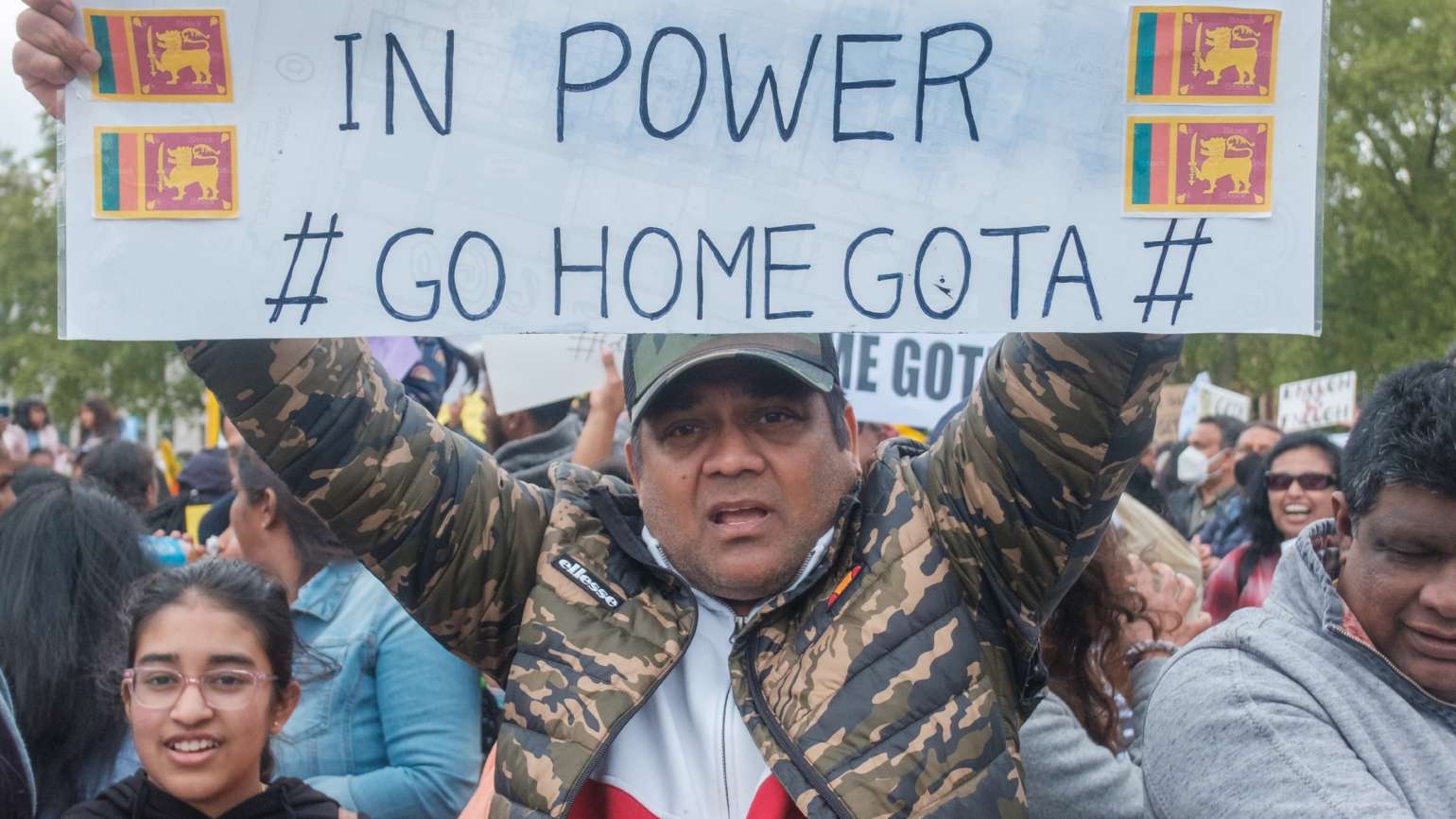A political party must also rise up from time-to-time and recommend repairs in election processes that over time have ceased to function properly. Conservative Party USA recommends the following repairs knowing that they can only become fact when a large enough coalition of voters believing in the repairs can push them over the line to enactment. They are:
Campaign Funds Restatement Act V 2.0
Effective with the raising of campaign funds for any candidate or issue in an election, Federal or State, in the year 2024, and each year thereafter, said campaign funds raised may only be solicited and accepted from American citizens residing within the related Federal or State election district, and,
Although, citizens are strictly defined as natural single-person individuals, those unnatural person entities permitted by law to act as single-persons shall designate campaign funds by adding to the campaign funds donor name(s) the names, addresses and occupation of citizens residing within the related Louisiana election district endorsing said campaign funds numbering one (1) election District citizen endorser for each two-hundred dollars ($200) contributed by the unnatural person donor so as to provide protections guaranteed by the 5th and 14th amendments that each election District citizen be treated as near possible equally in their voting power.
(STATE) CONSERVATIVE PARTY
PROPOSED AMENDING POINTS OF ELECTION LAWS PETTAINING TO POLITICAL PARTIES
(State) Conservative Party believes that Voters are protected by the U.S. Constitution with the following fundamental voting rights:
-
- The right of qualified voters to vote at all elections;
- The right of absolute secrecy of the vote. No voter may be required to disclose political faith or adherence in order to vote;
- The right to cast a vote for any candidate for each office without any limitation based on party preference or affiliation, of either the voter or the candidate.
PARTY AFFILIATION NOT REQUIRED
Under no circumstances may an individual be required to affiliate with, join, adhere to, express faith in, or declare a preference for, a political party or organization upon registering to vote. Political parties are private entities and are not subject to governmental election oversight except for campaign financing.
General Election Primary elections do not function as a procedure to determine the nominees of political parties.
QUALIFYING GENERAL ELECTION PRIMARY
The purpose of any general election primary held within a state or possession of the United States of America (USA) is to qualify candidates to appear on the general election ballot. A general election primary is a critical stage in the public process by which voters elect candidates to public office.
The sole purpose of allowing candidates to identify a political party preference is to provide to voters a brief description of each candidate’s political philosophy, which the voters may consider when casting their votes at a general election primary or general election. In a general election primary election, each voter, regardless of party affiliation, may vote for any candidate listed on the ballot, and the two candidates who receive the most votes, advance to the general election.
General Election Primary voters are not choosing a party’s nominee. A qualifying general election primary ensures more choice, greater participation, increased privacy, and a sense of fairness for the voters.
The process of determining which candidates will appear on the general election ballot or be elected to office is a public process, in which all voters must be permitted to participate. It is not in the public interest to expend public funds on an election procedure that limits the rights of voters by restricting their ability to participate based on the party affiliation, if any, of the voters or the candidates, or that requires voters to publicly declare an affiliation with a political party.
All qualified registered voters of any state or possession of the United States of America (USA) should be permitted to participate in all meaningful stages of the process for qualifying candidates to appear on the general election ballot by voting for the candidates of their choice in the districts and jurisdictions where they are eligible to vote. No registered voter of any state or possession of the United States of America (USA) should be required to divulge to any public or private entity his or her party affiliation, if any, as a prerequisite to voting.
If a candidate indicates a political philosophy on his or her declaration of candidacy, then the philosophy will be listed for the candidate on the general election primary and general election ballots. Each candidate who does not express a philosophy will be listed as a “No Preference” candidate on the general election primary and general election ballots. Political philosophy will be listed for the information of the voters only and may not be used for any purpose relating to the conduct, canvassing, or certification of the general election primary, and may in no way limit the options available to voters in deciding for whom to cast a vote.


